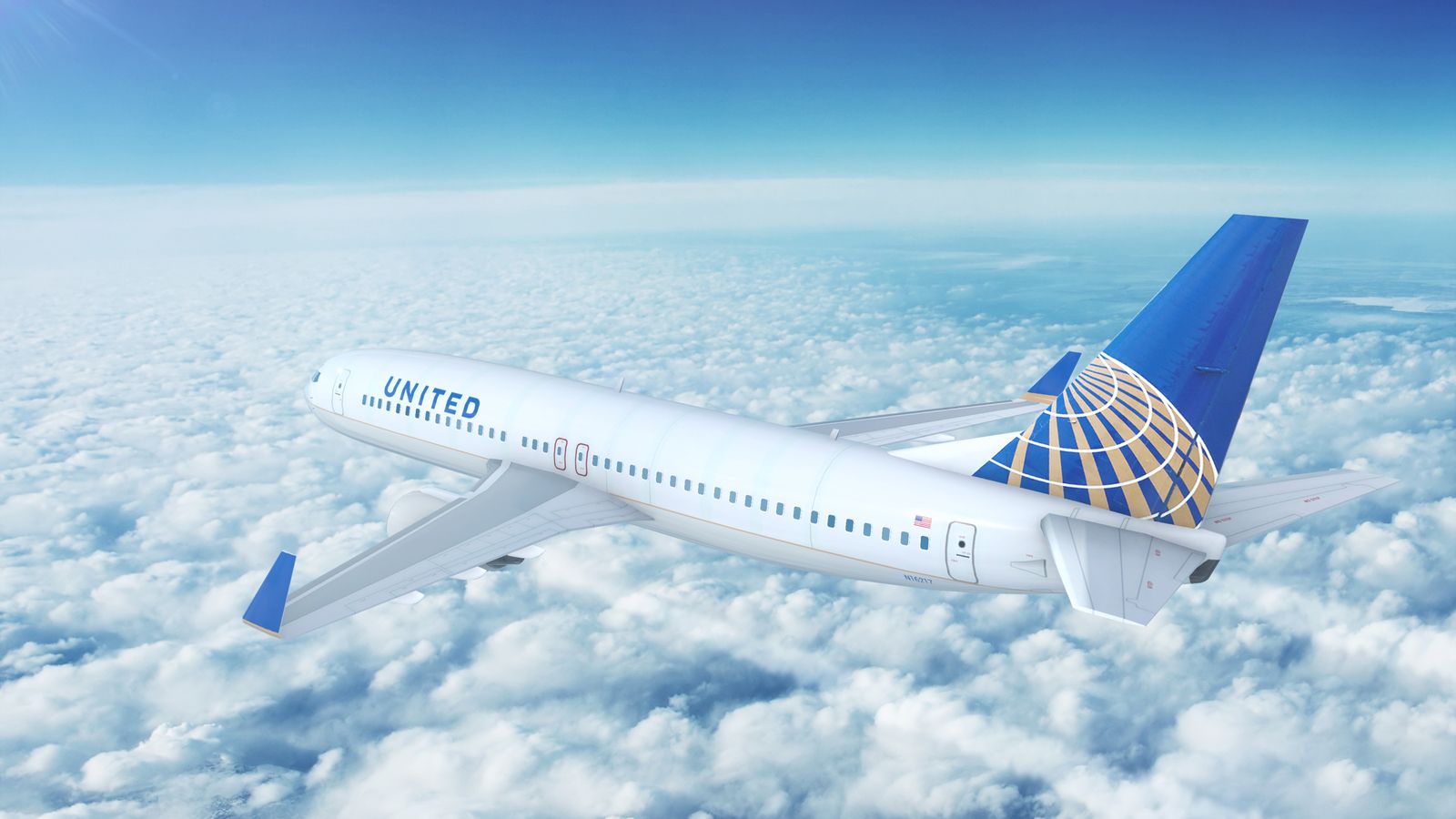It has been nothing but turbulence for United Airlines (NASDAQ:UAL) in recent weeks. Whenever United Airlines stock gets a tailwind behind it, it gets hit with yet another hailstorm of market volatility that pushes its share price lower.

The latest drop in the price of United Airlines stock came after the company announced plans to sell an additional 28 million shares in order to raise more capital — a move that will dilute the stock’s value for current shareholders.
Shareholders also weren’t keen on United Airlines’ plans to secure a $5 billion loan using its “MileagePlus” loyalty rewards program as collateral. The carrier says the share issue, loan, and an additional $4.5 billion provided through the federal government’s CARES Act, will provide it with liquidity of about $17 billion at the end of the third quarter and help it weather a possible second and third wave of the Covid-19 pandemic that has grounded flights worldwide. But the share dilution and mounting debt load has raised concerns among investors, many of whom are now fleeing the volatile airline sector.
In the last five trading sessions, United Airlines stock has gone from a high of $45.34 down to $32.98, before rebounding to just under $40 a share. The stock is trading at less than half its 52-week high of $96.03 per share.
An Improving Outlook?
Despite the recent headwinds, there is reason for some optimism among United Airlines shareholders. In its filing for the new share sale, United Airlines noted that demand for air travel in the U.S. and internationally is improving. The carrier said it “continues to see a steady improvement” for domestic and international travel, adding that customer cancellation rates are down 70% from a peak reached in April. Furthermore, passenger revenue is expected to jump 400% in June from the lows seen in April amid the height of pandemic lock down measures that kept people from airports.
United Airlines also said that its daily cash burn should decrease to $30 million a day in the third quarter of this year, down from $40 million a day during the second quarter. While still worrisome, an improving cash burn picture is welcome news for an airline that is in the midst of a financial catastrophe beyond its control. Additionally, United Airlines said that it is in negotiations with its unions concerning future staffing levels and is taking steps to adjust its headcount as needed during the evolving pandemic.
Still, many analysts aren’t convinced that the airline industry will share in a V-shaped recovery if one happens. To be sure, there is reason for skepticism. On June 9, the International Air Transport Association (IATA) based in Geneva, Switzerland released its financial outlook for the global air transport industry and forecast that airlines will lose $84.3 billion in 2020. Revenues are forecast to fall 50% to $419 billion from $838 billion in 2019. IATA doesn’t foresee a recovery until 2021, at the earliest. The association forecasts 2021 losses of $15.8 billion for the global airline sector.
Balance Sheet Concerns
Like other airline stocks such as American Airlines (NASDAQ:AAL) and Delta Air Lines (NYSE:DAL), there are concerns about United Airlines’ balance sheet. United posted a massive $1.7 billion loss in the first quarter and its total losses for this year could top $5 billion. There are also concerns about the carrier’s growing debt load, which could weigh down UAL stock for the foreseeable future. Many analysts expect that it will take years for United Airlines to recover from the Covid-19 pandemic and clean up its balance sheet.
It is also worth remembering that, while airline travel is starting to recover, it is far from normal. Transportation Security Administration (TSA) screening stations at airports are busier than they were in April, but are still more than 80% below 2019 levels. Airlines are adding some flights, but will likely fly only half of their July domestic schedules compared to a year ago. And business travel, which makes up the majority of profits for many airlines, will likely take years to return to pre-pandemic levels.
The airline industry has traditionally had difficulty managing a recession. Unionized labor and fuel costs, as well as aircraft maintenance, fierce competition and the discretionary nature of air travel make carriers particularly vulnerable to economic shocks and downturns. The U.S. airline sector has seen more than 100 bankruptcies since the industry was deregulated in the late-1970s.
The Bottom Line on United Airlines Stock
Few industries are facing as much uncertainty right now as airlines. While the fortunes of carriers, including United Airlines, are likely to rebound with the broader economy, there is no telling how long that will take to happen. While United Airlines continues to take steps needed to help the company get through the pandemic, its mounting debt, high rate of cash burn and tepid demand for air travel are cause for concern over the medium term.
While the stock might be a good investment once the Covid-19 pandemic is firmly in America’s rear view mirror, there are too many question marks surrounding the airline right now to justify taking a position. Investors would be best advised to wait out the current turbulence on the ground and avoid United Airlines’ stock for the time being.
Joel Baglole has been a business journalist for 20 years. He spent five years as a staff reporter at The Wall Street Journal, and has also written for The Washington Post and Toronto Star newspapers, as well as financial websites such as The Motley Fool and Investopedia. As of this writing, he did not hold a position in any of the aforementioned securities.
